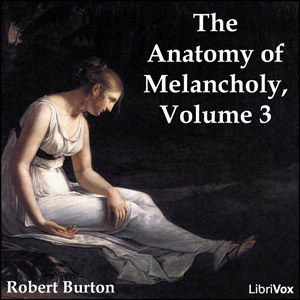- Preface
- Preface to New Edition
- Introduction by John Dewey
- Part I. Sensory Appreciation in its Relation to Man's Evolutionary Development
- Part I (continued)
- Part I (continued)
- Part I (continued)
- Part II. Sensory Appreciation in its Relation to Learning to Do. Chapter I. Education and Re-education
- Part II. Chapter II. Incorrect Conception
- Part II. Chapter III. Imperfect Sensory Appreciation
- Part II. Chapter IV. Illustration
- Part II. Chapter V. Respiratory Mechanisms
- Part II. Chapter VI. Unduly Excited Fear Reflexes, Uncontrolled Emotions, Fixed Prejudices
- Part II. Chapter VII. Psycho-physical Equilibrium
- Part III. Sensory Appreciation in its Relation to Man's Needs. Chapter I. "Knowing Oneself"
- Part III. Chapter II. Imitation
- Part III. Chapter III. Concentration
- Part III. Chapter IV. Memory and Feeling
- Part III. Chapter V. Complexity and Complications in Relation to Stress and Strain
- Part IV. Sensory Appreciation in its Relation to Happiness
- Conclusions. Psycho-Physical Attitude
F. Matthias Alexander was an Australian actor, author and educator, who is best known as the inventor of Alexander Technique, a method for "unlearning" acquired habits of movement and posture that are harmful or suboptimal, and allowing natural, healthy patterns of body use to emerge in their place. Alexander Technique is now taught by specially trained instructors through in-person lessons around the world, and is particularly popular among musicians and other performance artists. In this 1923 book, considered by many to be his best, Alexander explains the principles of his technique and the theory behind it. It includes an introduction by the American philosopher and educator John Dewey, who studied the technique with Alexander. (Summary by Kazbek)
There are no reviews for this eBook.
There are no comments for this eBook.
You must log in to post a comment.
Log in











